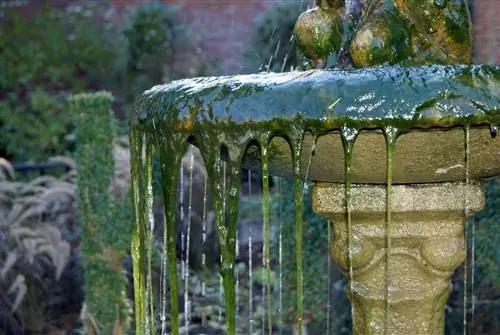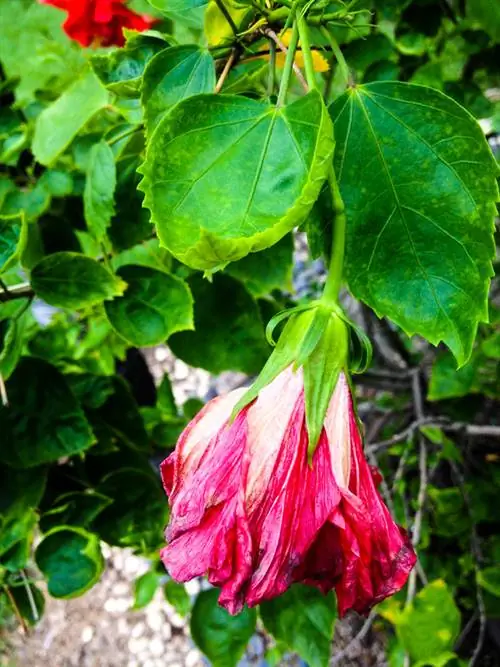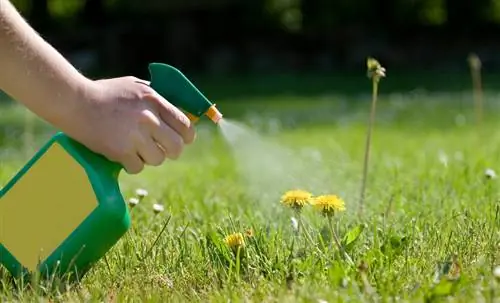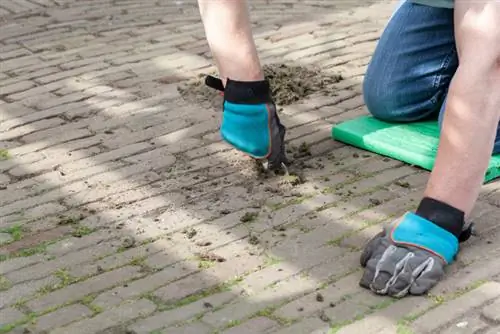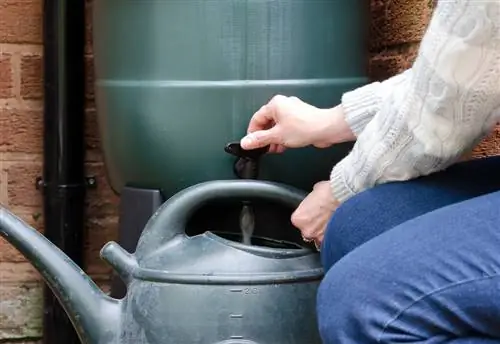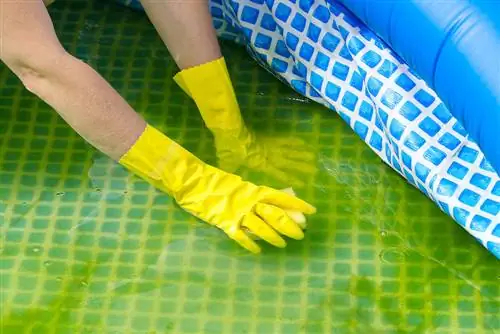- Author admin [email protected].
- Public 2024-01-05 20:48.
- Last modified 2025-01-23 11:22.
It's fun and calming to watch a babbling fountain. However, the joy quickly fades when the water turns greenish and perhaps begins to smell. Read here how you can remove algae from the fountain and prevent new growth.
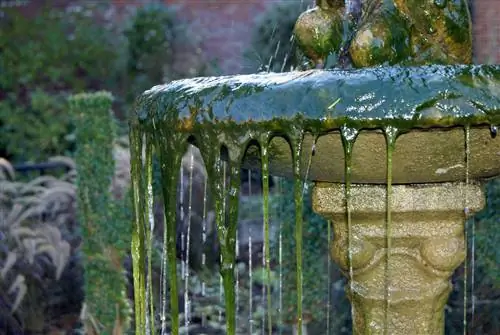
Are there home remedies for algae in fountains?
There are some home remedies that can help against algae in fountains. Above all, vinegar should be mentioned. Milk is also often mentioned, but proves to be less practical to use. Frequent water changes prevent algae formation in a very simple way.
How does algae get into the fountain?
For algae to develop, it needs water, light and a few nutrients. If your fountain is in a bright place, then there are the best conditions for rapid algae growth. Floating algae form particularly quickly if plant residue collects in it and/or the fountain is frequently turned off.
How do I get the algae out of my fountain?
If not only the water is greenish, but there is also an algae coating on the material of the fountain, then you should first clean it thoroughly. This can be done by brushing vigorously under running water, possibly also with a diluted vinegar cleaner. Then fill the fountain with fresh water and keep it constantly moving.
How can I prevent algae from forming in the fountain in the future?
Shading and clean water are the most important measures to prevent algae formation in the fountain. In this way you deprive the algae of their livelihood. So change the water regularly and keep it moving constantly. Because dirt can accumulate more easily in standing water than in running water.
Do the same measures help with algae in the pond?
When combating algae in a pond, you should definitelypay attention to environmental compatibilityso that neither the existing plants nor any fish living in the pond are harmed. Also keep in mind that pond water is often drunk by birds and insects. Algae infestation is usually more common in a garden pond than in a fountain. This is due to dying aquatic plants that decompose and become nutrients for the algae, as well as the lack of water movement.
Tip
Algae control with chlorine
Biocides such as chlorine help kill algae particularly quickly; they are contained in many fountain care products. As soon as you read the label “for unstocked water only” you should be careful. Water treated with this is not suitable as a drinking place for birds or insects. It can cause significant he alth damage to animals.

